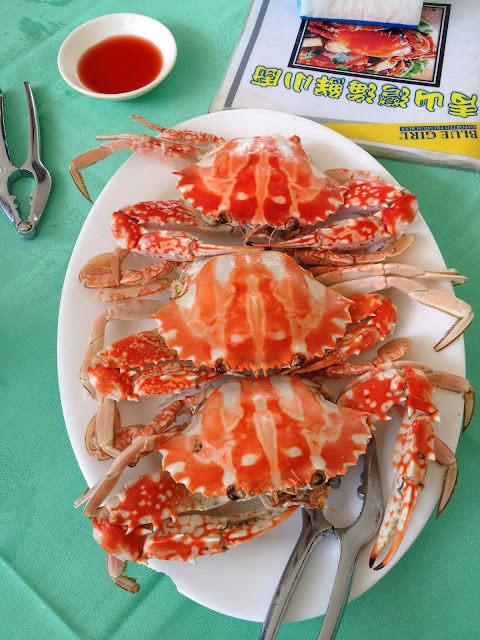無為
Wu wei (traditional Chinese: 無爲; simplified Chinese: 无为; pinyin: wúwéi) is an important concept of Taoism (Daoism), that involves knowing when to act and when not to act. Another perspective to this is that "Wu Wei" means natural action - as planets revolve around the sun, they "do" this revolving, but without "doing" it; or as trees grow, they "do", but without "doing". Thus knowing when (and how) to act is not knowledge in the sense that one would think "now" is the right time to do "this", but rather just doing it, doing the natural thing.
Wu may be translated as not have or without; Wei may be translated as do, act, serve as, govern or effort. The literal meaning of Wu Wei is "without action" and is often included in the paradox wei wu wei: "action without action" or "effortless doing". The practice of wu wei and the efficacy of wei wu wei are fundamental tenets in Chinese thought and have been mostly emphasized by the Taoist school. The aim of wu wei is to achieve a state of perfect equilibrium, or alignment with the Tao, and, as a result, obtain an irresistible form of "soft and invisible" power.
There is another less commonly referenced sense of wu wei; "action that does not involve struggle or excessive effort". In this instance, Wu means "without" and Wei means "effort". The concept of "effortless action" is a part of Taoist Internal martial arts such as Tai chi, Baguazhang and Xing Yi.
睇睇下書,見到 "wu-wei" 呢個字!咩來架!?西方催眠書喎有啲咁野!?好在有字典,心理學書或多或小都反影了作者的投射,好在老子都有讀過吓,好在都知啲jet ,哈哈哈哈........
孔子謂弟子曰:「鳥,吾知其能飛;魚 ,吾知其能游;獸,吾知其能走。走者可以為罔,游者可以為綸,飛者可以為矰。至於龍,吾不能之其乘風雲而上天。吾今日見老子,其猶龍邪!」 《史記.老子列傳》
後記:老鬼你個書包飛咗出街!快啲叫人幫你執番先啦 。
哦,知道
Wu may be translated as not have or without; Wei may be translated as do, act, serve as, govern or effort. The literal meaning of Wu Wei is "without action" and is often included in the paradox wei wu wei: "action without action" or "effortless doing". The practice of wu wei and the efficacy of wei wu wei are fundamental tenets in Chinese thought and have been mostly emphasized by the Taoist school. The aim of wu wei is to achieve a state of perfect equilibrium, or alignment with the Tao, and, as a result, obtain an irresistible form of "soft and invisible" power.
There is another less commonly referenced sense of wu wei; "action that does not involve struggle or excessive effort". In this instance, Wu means "without" and Wei means "effort". The concept of "effortless action" is a part of Taoist Internal martial arts such as Tai chi, Baguazhang and Xing Yi.
睇睇下書,見到 "wu-wei" 呢個字!咩來架!?西方催眠書喎有啲咁野!?好在有字典,心理學書或多或小都反影了作者的投射,好在老子都有讀過吓,好在都知啲jet ,哈哈哈哈........
孔子謂弟子曰:「鳥,吾知其能飛;魚 ,吾知其能游;獸,吾知其能走。走者可以為罔,游者可以為綸,飛者可以為矰。至於龍,吾不能之其乘風雲而上天。吾今日見老子,其猶龍邪!」 《史記.老子列傳》
後記:老鬼你個書包飛咗出街!快啲叫人幫你執番先啦 。
哦,知道

留言
張貼留言